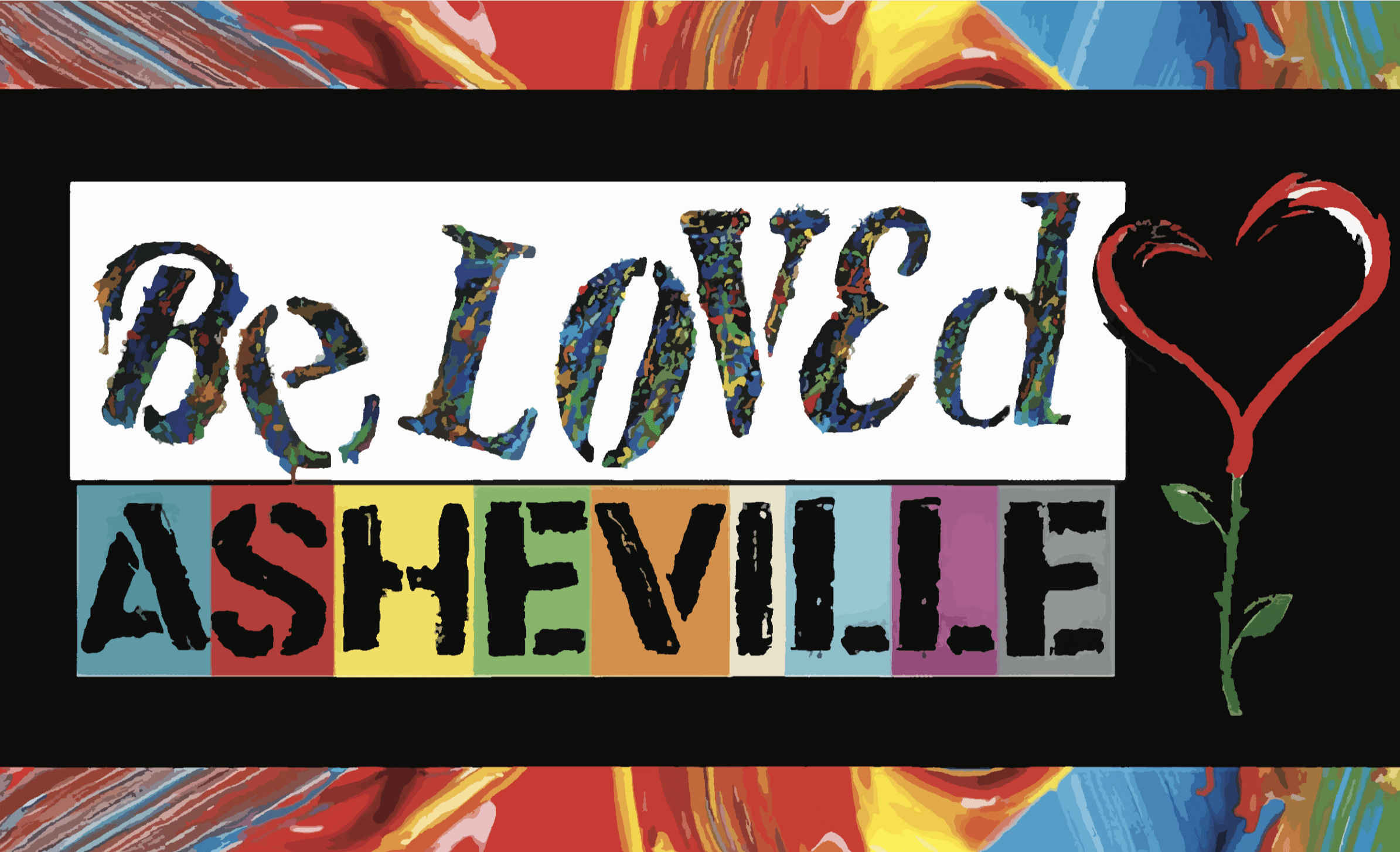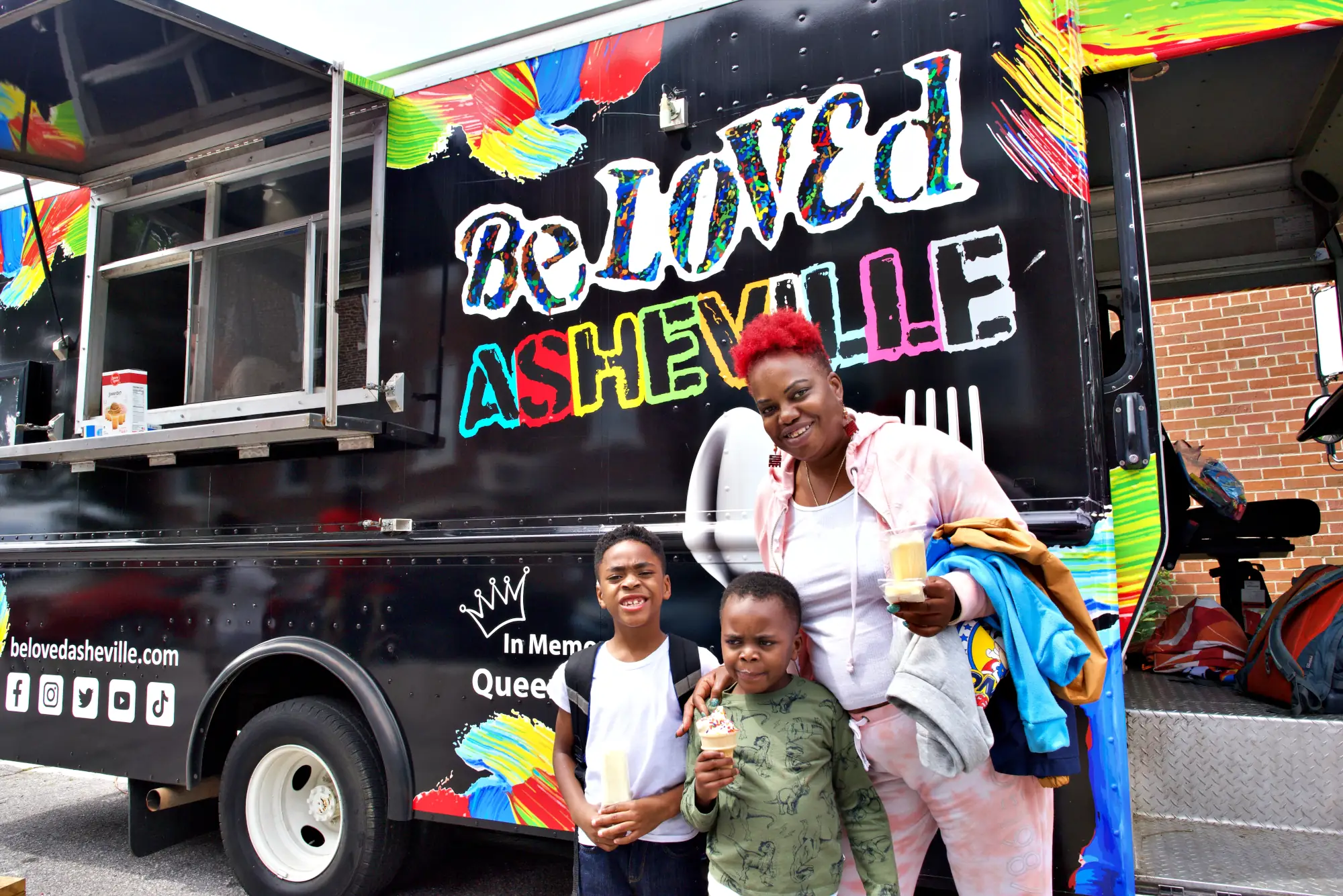


Rebuilding
Hope
After Helene
With your support, BeLoved Asheville is providing essential aid and shelter, while we plot a course for ongoing cleanup long-term housing solutions, and inclusive growth within the community.



Welcome to BeLoved Asheville.
The heart of BeLoved is community.
Connecting Communities through
Action and Mutual Support
We believe in the power of community. We are dedicated to creating a more equitable and inclusive society through innovative solutions and ground-up leadership.
We are bringing people together from all walks of life to create home, healthy, equity, and opportunity for all in our mountain home.
We strengthen the fabric of our community by celebrating and struggling alongside our friends and neighbors, moving towards solutions that build upon the assets we see all around us.
We invite you to take a deeper look and join us!
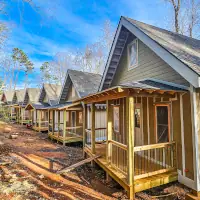
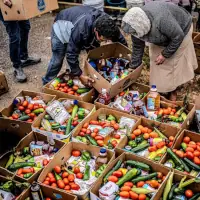
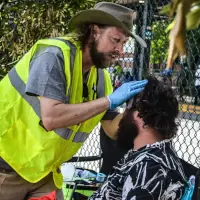
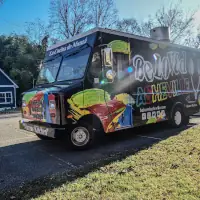
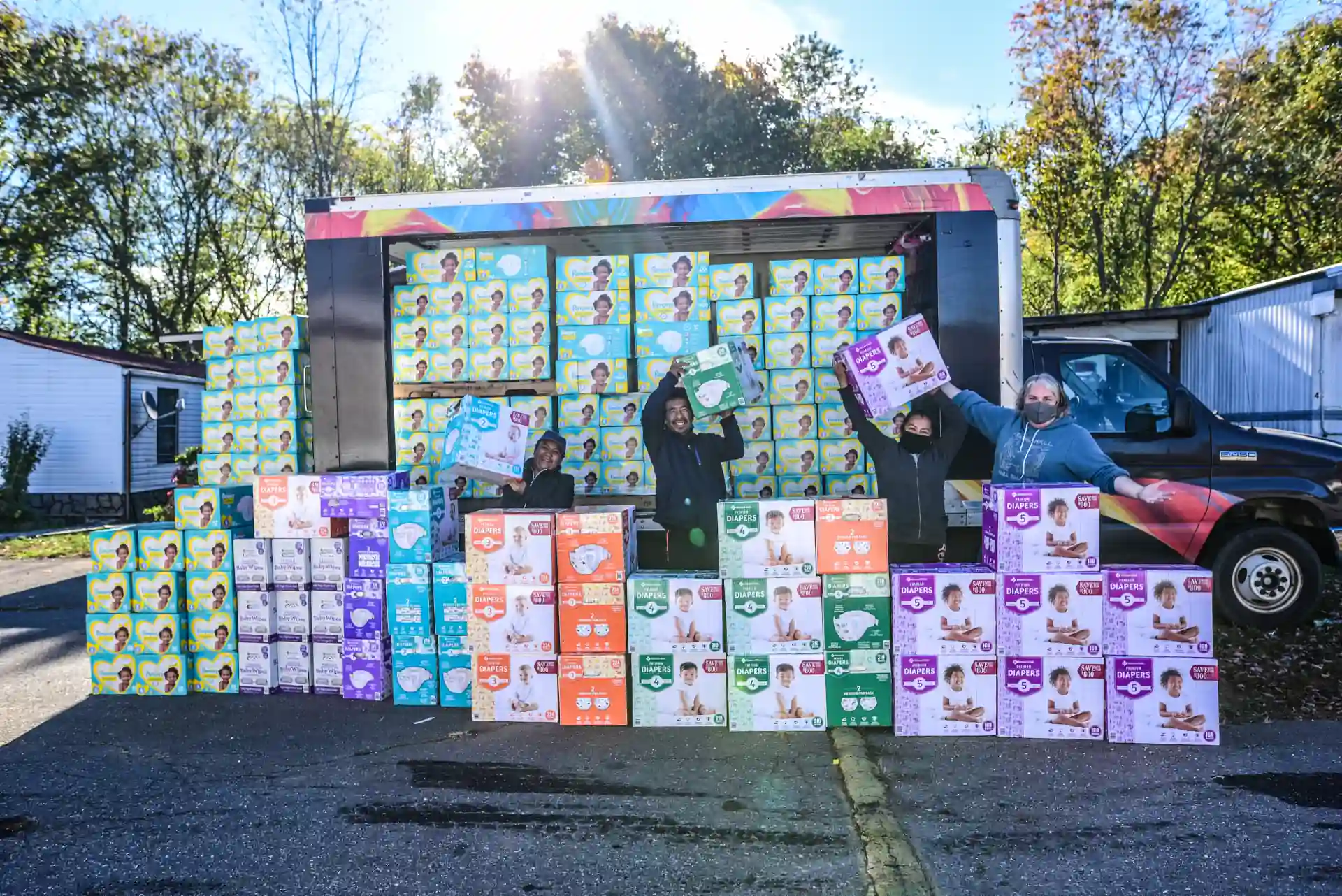
Creating Home, Health, Equity and Opportunity for All
We are committed to improving the well-being and quality of life for individuals, families, and communities through our focus areas of Home, Health, Equity, and Opportunity.
Our Focus Areas are:

Home
We are dedicated to providing people with the security and comfort of a home. Amidst the housing crisis, we are constructing homes meant to endure for generations, fostering a sense of belonging and purpose within communities.

Health
We believe in supporting the health and wellbeing of people and the full community in a holistic way. BeLoved’s projects are designed to create healthy people and healthy places. We work to improve healthcare access and affordability, create healthy food access, and address root causes of health inequities.

Equity
Equity is at the heart of BeLoved. We work to dismantle systemic racism and other forms of oppression, promote racial, educational and economic equity and support impacted communities in tapping into their power to create their own solutions and be the change.

Opportunity
We believe that everyone should have the opportunity to pursue their hopes and dreams and to have what they need to thrive. We are working to close the opportunity gaps created by systemic racism and poverty in a myriad of ways.
Impacts
Home
2,792
volunteers and 102 partners helped to build our national model solution to the housing crisis
Health
31 Million
Equity
44,209
community members responded to our calls to action to advance racial equity on multiple fronts

Our Mission
To bring together Black, Indigenous, Latinx, People of Color (BIPOC) and people of low wealth to create a more just and equitable society. Whether you are an advocate, activist, artist, or ally, we invite you to join us on this important journey. Together, we can create a brighter future for all in our mountain home through the power of compassion, community, creativity, and equity.
BeLoved Asheville is a trusted, grassroots, and equity-focused organization. With over fifteen years of experience in movement building and advocacy for human rights, the organization’s success is credited to the ability to build relationships, create visible change, and generate community-led momentum for collective action.
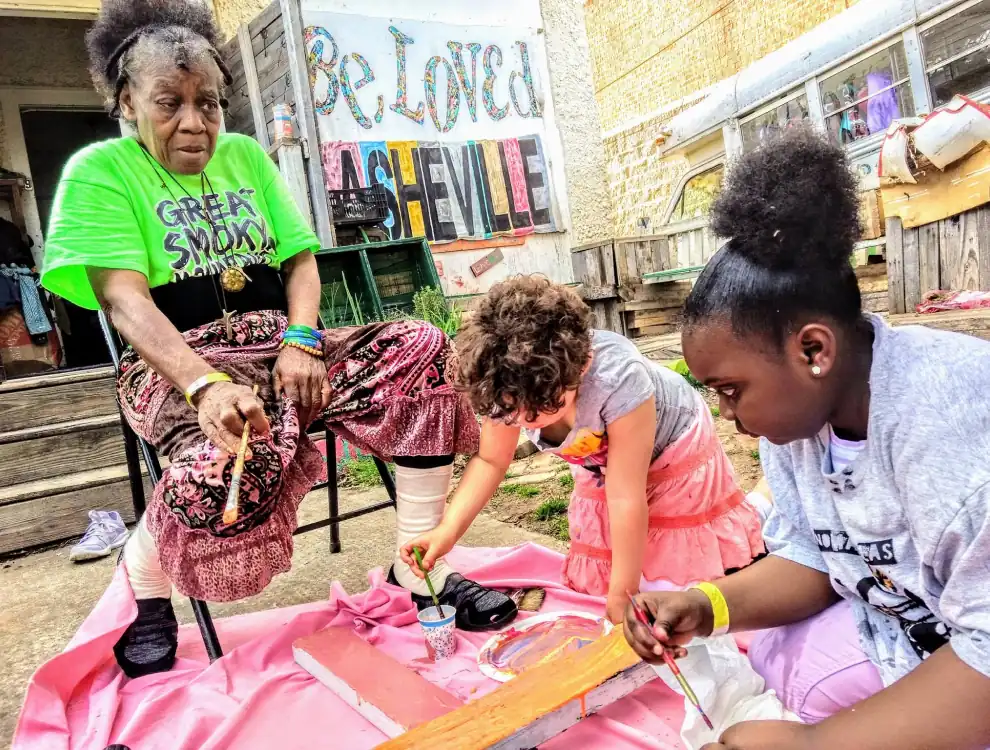
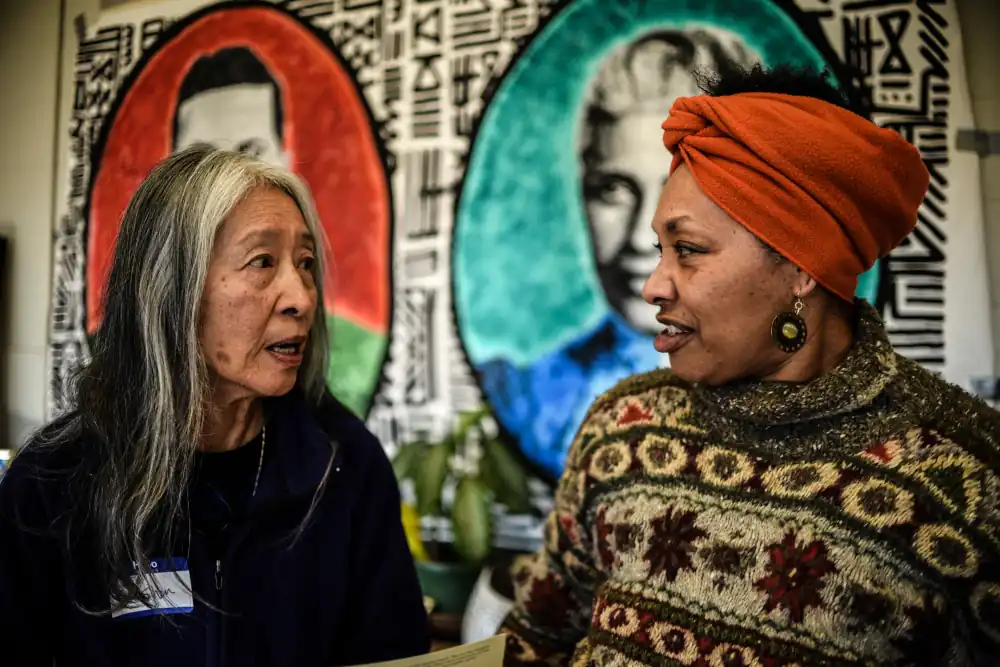
Our Vision
To cultivate a caring community where every individual, regardless of race, ethnicity, or socioeconomic status, experiences the essence of belonging, wellness, fairness, and potential.
Our Value
Our value lies in championing compassion, collective action and inclusivity to establish tangible change and resilience within our community.
Our Purpose
To foster a sense of identity rooted in our shared humanity, nurturing a deep understanding of interconnectedness and a commitment to uplifting those facing adversity. To be advancing the pillars of Home, Health, Equity, and Opportunity through various initiatives including street outreach, thrift store, pantries, kitchens, food sharing, crisis response, and inclusivity.

Stay Updated with Us
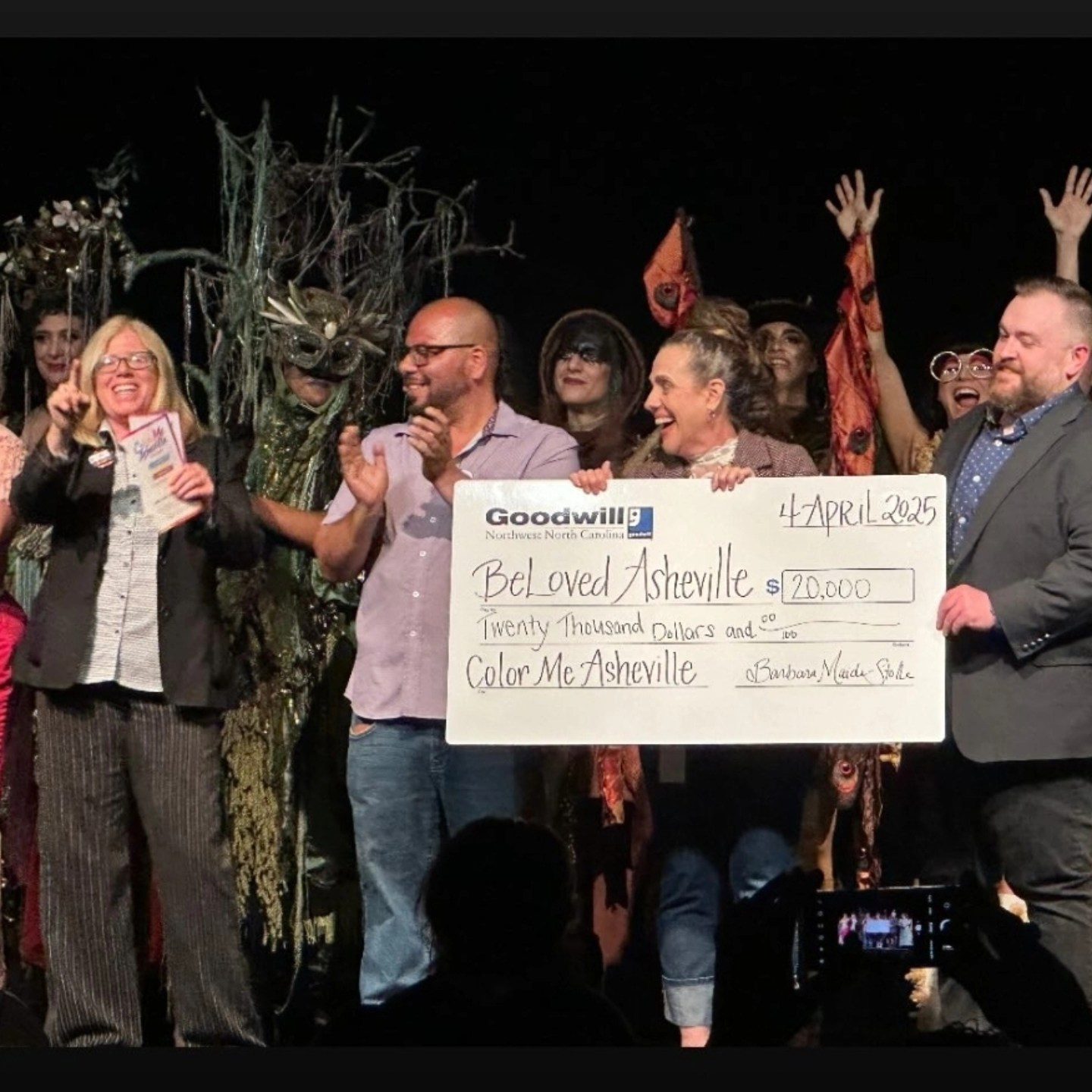
- Opportunity
ColorMe Asheville
What an incredible time we had at @ColorMe Asheville by @Goodwill — a vibrant and soul-stirring fundraiser hosted by Goodwill Industries of Northwest NC for BeLoved Asheville! It wasn’t just an event… it was a moment. A wave of color, rhythm, and community love that swept us off our feet and wrapped us in something […]
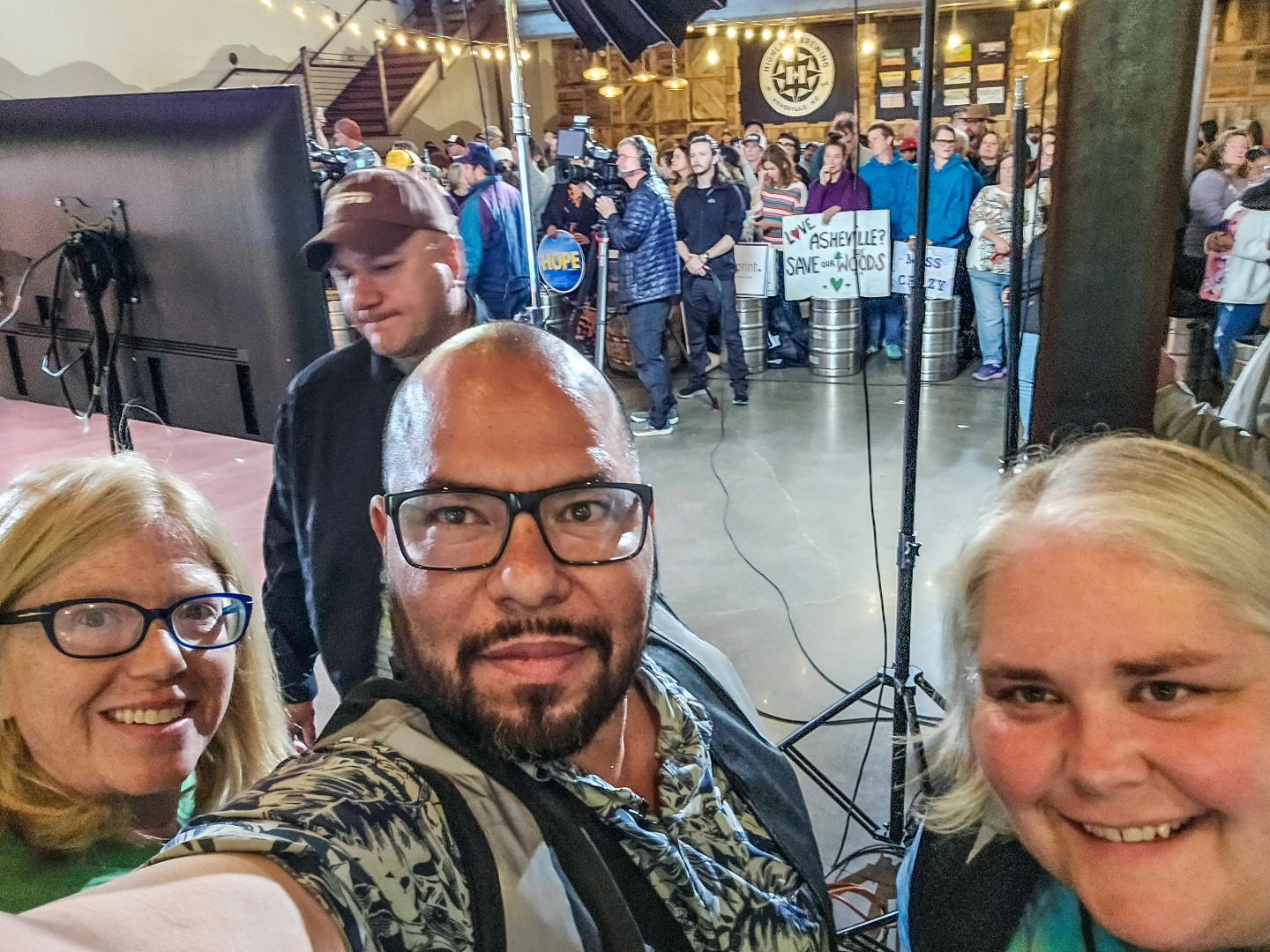
- Opportunity
A Visit from Good Morning America
What an unforgettable moment on @GoodMorningAmerica ! We are beyond grateful for their return and the national spotlight they brought to our community. Their presence lifted our spirits and reminded the world of the incredible progress we’ve made — and the long road that still lies ahead. Every day, we keep showing up. We work, […]
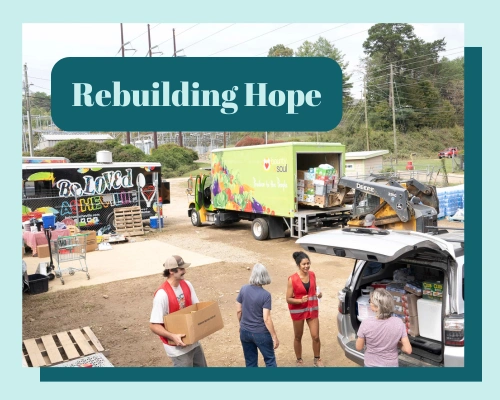
- Crisis Management
